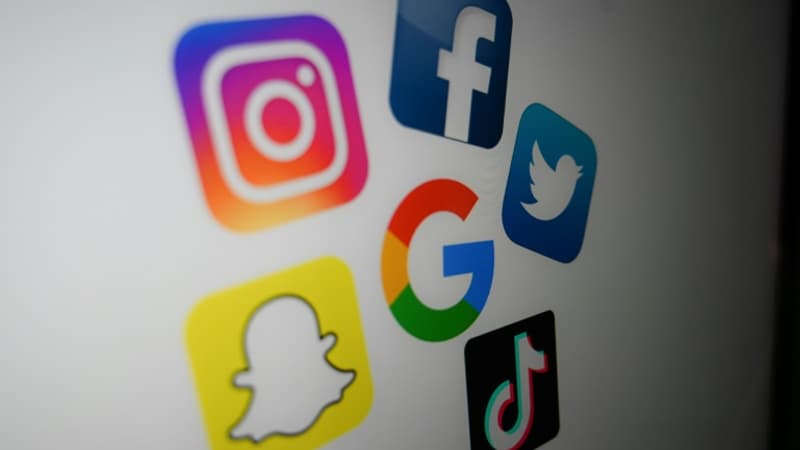Influencers are becoming more scrutinized… and increasingly transparent. This Tuesday, the Advertising Professional Regulation Authority (ARPP), the sector’s self-regulatory body, presented the results of its “responsible influence observatory.” Annually analyzes the level of transparency of influencers in their commercial collaborations.
When they are paid, in money or in kind, to talk about a product on their social networks, influencers must indicate it. An obligation recalled by the law approved this year on the supervision of its sector.
11% of non-compliant ads
In 2022, 89% of ads produced by influencers clearly showed this commercial intent, the ARPP revealed on Tuesday. In detail, 53% were compliant and 36% could be improved, with an association mentioned but not explicit enough (a hashtag buried among others, a mention at the end of a post, etc.).
The ARPP highlights a “significant improvement” in practices, since in 2021 compliance – partial or total – affected 83% of the published content and 73% in 2020. In 2022, 11% of the commercial collaborations of the influencers did not show themselves as such. This crime is punishable by a sentence of two years in prison and a fine of 300,000 euros.
More violations among “small” influencers
This is also the deceptive commercial practice that the DGCCRF identifies most among influencers, its spokesperson, Rémi Slove, told Tech&Co in August. “This is a problem because the opinion given about the product can be biased and the consumer must know that a commercial relationship exists,” declared the representative of this department of the Ministry of Economy in charge of repressing fraud.
The creators most affected by these shortcomings are the “smallest” ones, those who have less than 10,000 subscribers. Among them, 23% of the associations are not identified, compared to 8% of those with more than one million subscribers, according to the ARPP. “These are those whose job it is not” and who “make honest mistakes,” said Carine Fernández, president of Umicc, a federation of agencies and influencers.
Towards the end of excesses?
“The observatory shows that the sector is, for the most part, very responsible,” he congratulates himself.
“We are at the end of a system, and that is good because, at the same time, we have about 150,000 content creators in France seeking to structure themselves, the vast majority of whom are eager to do their job well.” he continues . An evolution that Mohamed Mansouri attributes in particular to the debates surrounding the law on commercial influence: since the beginning of 2023, “we have noticed an improvement, an increasingly widespread level of awareness about the fact that we must be transparent,” he said. he. He describes.
1000 certified “responsible” influencers
To find out more, you can apply for the responsible influence certificate created by the ARPP in 2021. Julio (Julio as Caesar on Instagram) did it this year: “I learned things by passing the ARPP certification, about alcohol, cars, cruelty. mention-free (“cruelty-free”, editor’s note)”, he relates. This statement cannot be used as a sales argument, since testing cosmetics on animals is prohibited in the EU.
An analysis carried out in the first half of 2023 on the level of transparency of certified influencers shows that ARPP training is bearing fruit. Only 0.78% of their collaborations are not identified, compared to 7% of the content of influencers who have not passed the certificate.
To date, 1,000 creators have followed this training on regulation and ethics in advertising. “It is a good bar, but it is far below the 150,000 identified creators in France. There is still a lot of work,” says Jules.
“Influence is not sandwiches”
To arrive at these numbers, ARPP relies on algorithms that indicate whether or not an influencer’s post resembles a paid partnership. It then refines its analysis with human specialists. As of September 1, 2023, of the 128,114 content (reels, posts, TikTok) published by certified creators, only 7,783 were sponsored, according to the ARPP.
This represents 6% of the sponsored content in all its publications, which shows that “influence is not snacks, people who make money with ads that make no sense for their community,” says Carine Fernández, director of Point d’Orgue. agency.
Source: BFM TV


